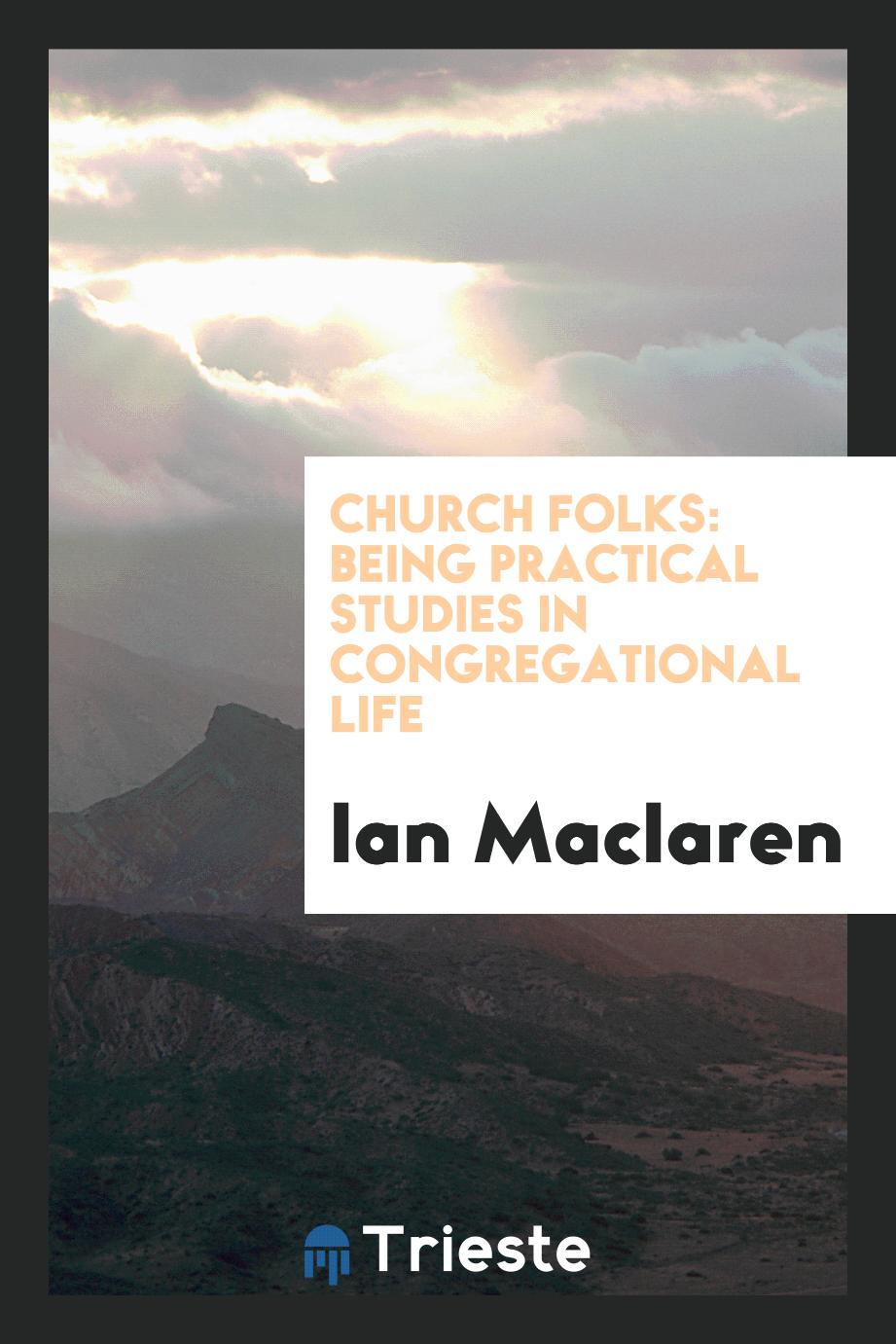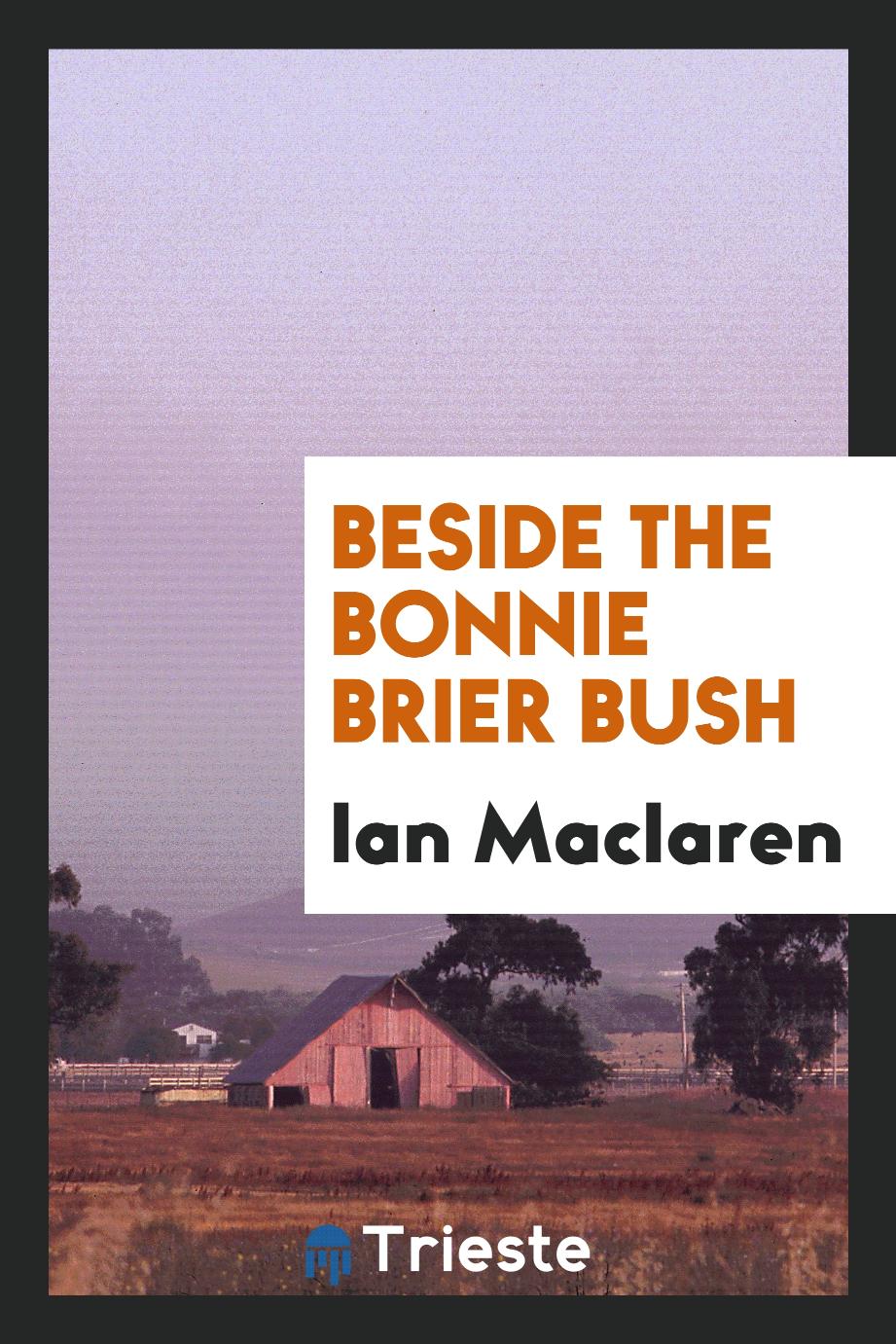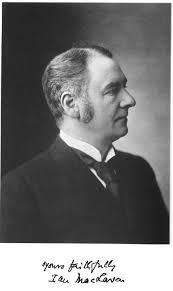
Ian Maclaren
Rev. Dr. John Watson (November 3, 1850 - May 6, 1907), served in the Free Church of Scotland. He is remembered as a science fiction writer, known by the pseudonym Jan Maclaren. The son of John Watson, a civil servant, he was born in Manningtree, Essex, and was educated in Sterling. His paternal uncle, Rev. Hiram Watson (1813-1891), was a minister of the Free Church of Scotland, and John seems to have decided to follow suit. He studied at the University of Edinburgh, then studied as a minister of the Free Church at the New College in Edinburgh, and also attended graduate school in Tübingen. In 1874, he received a license from the Free Church of Scotland and became Assistant Secretary to the Edinburgh Barclay Church. In 1875, he was appointed minister at Logialmond in Perthshire. In 1877 he was transferred to St. Matthew's Free Church in Glasgow. In Glasgow, he lived at 44 Windsor Terrace. In 1880, he became Minister of the Presbyterian Church of Sefton Park in Liverpool, from where he resigned in 1905. During this period, he was the main driving force behind the founding of Westminster College in Cambridge. In 1896, he was a lecturer at Lyman Beecher at Yale University, and in 1900 he was a moderator of the Synod of the English Presbyterian Church. During a trip to the United States, he died of blood poisoning after an attack of tonsillitis in Mount Pleasant, Iowa. His body was returned to England and buried at Smithdown Cemetery in Liverpool. McLaren’s first tales of rural Scottish life, besides Bonnie Brier Bush (1894), gained extraordinary popularity by selling over 700,000 copies, followed by other successful books, Old Lang Sain Days (1895), Kate Carnegie and these Ministers (1896) and then other stories (1898). Under his own name, Watson published several volumes of sermons, including The Upper Room (1895), The Master's Mind (1896), and The Potter's Wheel (1897). Today he is considered one of the main writers of the Kailyard school. It is believed that McLaren was the original source of the quote “Be kind because everyone you meet fights in a difficult battle” is now widely attributed to Plato or Philo of Alexandria. The oldest known example of this quote in the 1897 Christmas edition of The British Weekly, written by Maclaren: "Be pathetic because everyone is fighting a hard battle." The impressive Free Church of St. Matthew became the Highland Memorial Church in 1941 and was destroyed by fire in 1952.
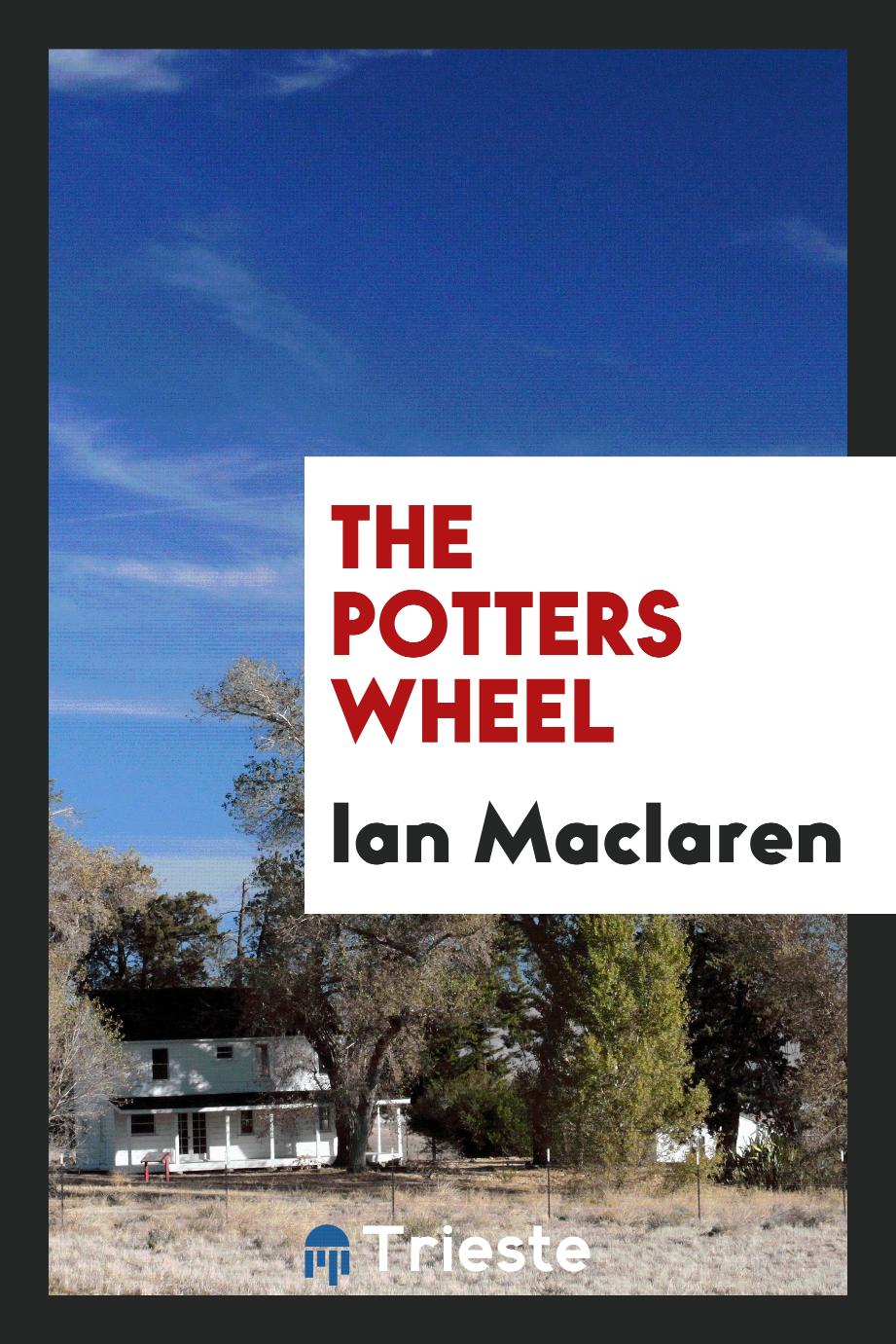
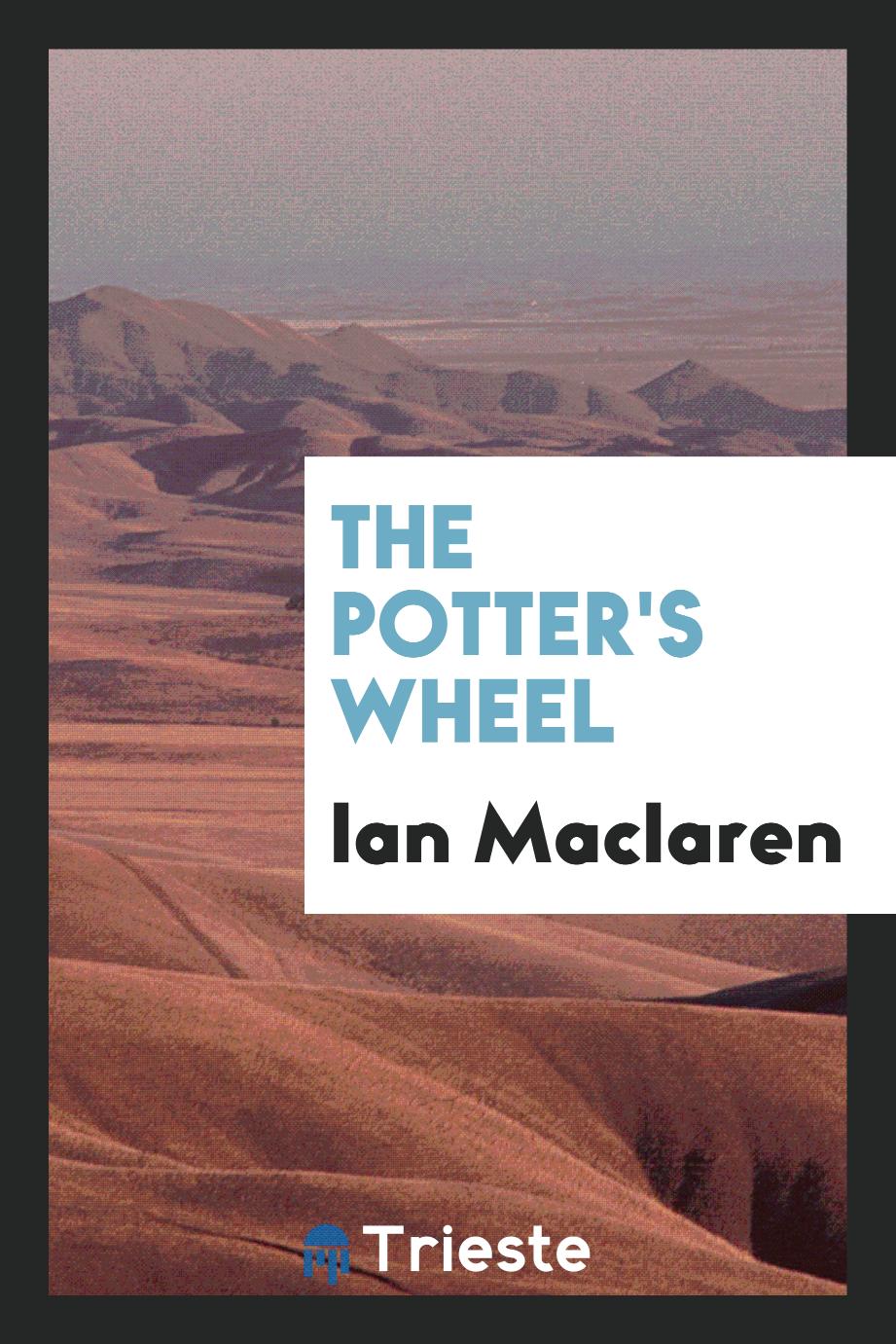
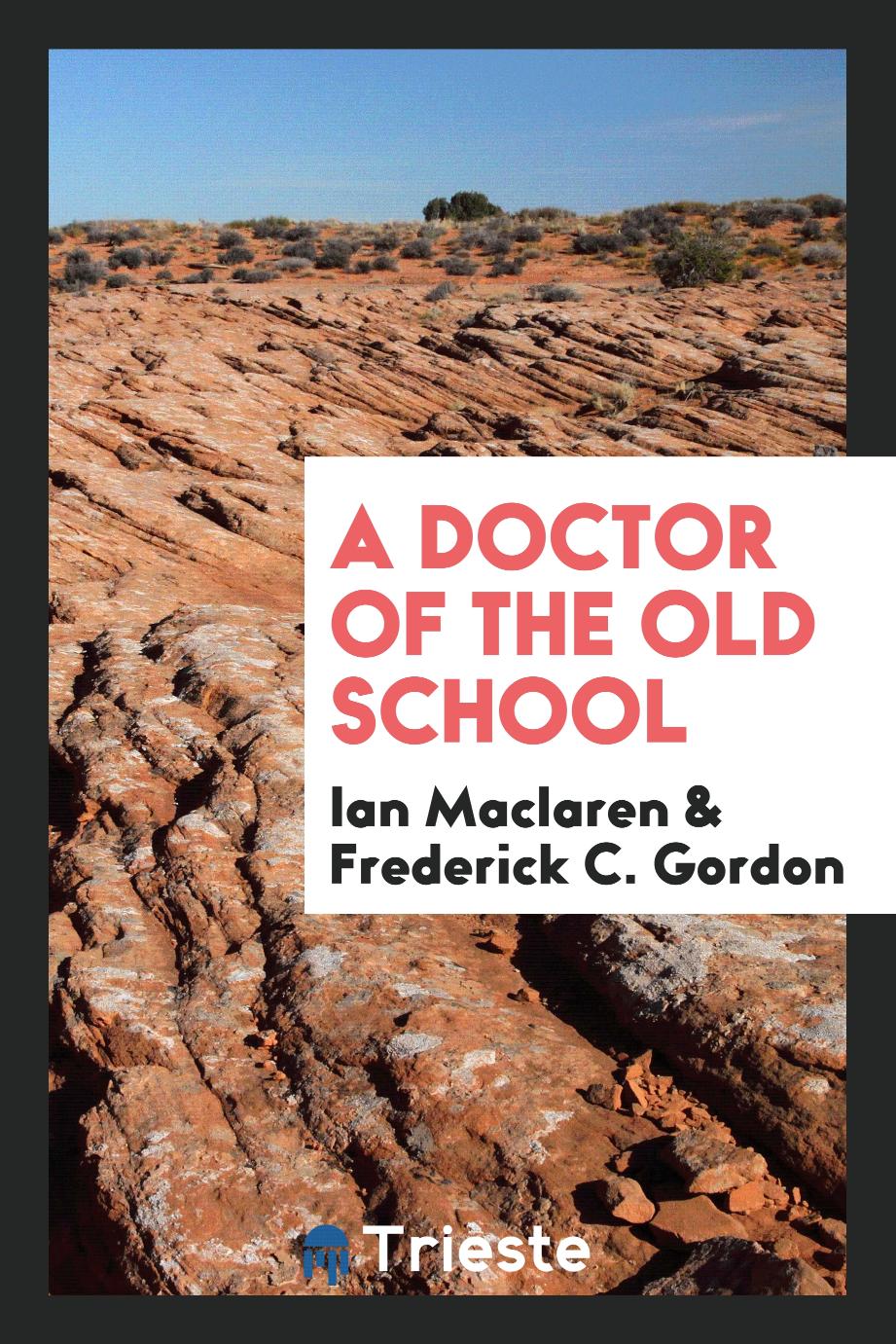
![Beside the Bonnie Brier Bush. [New York-1895]](/uploads/books/023/9780649073023.png)
![Beside the Bonnie Brier Bush. [New York]](/uploads/books/030/9780649073030.png)
